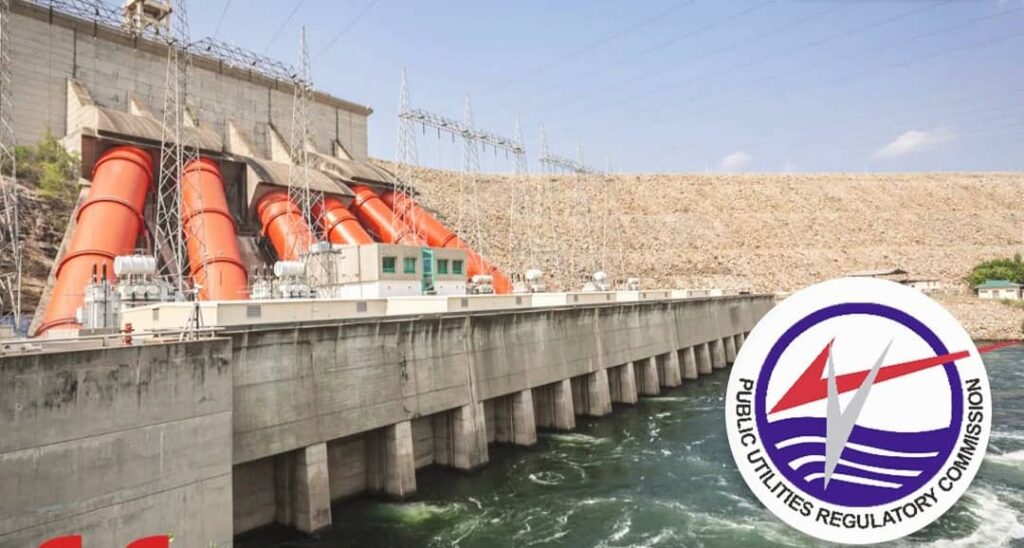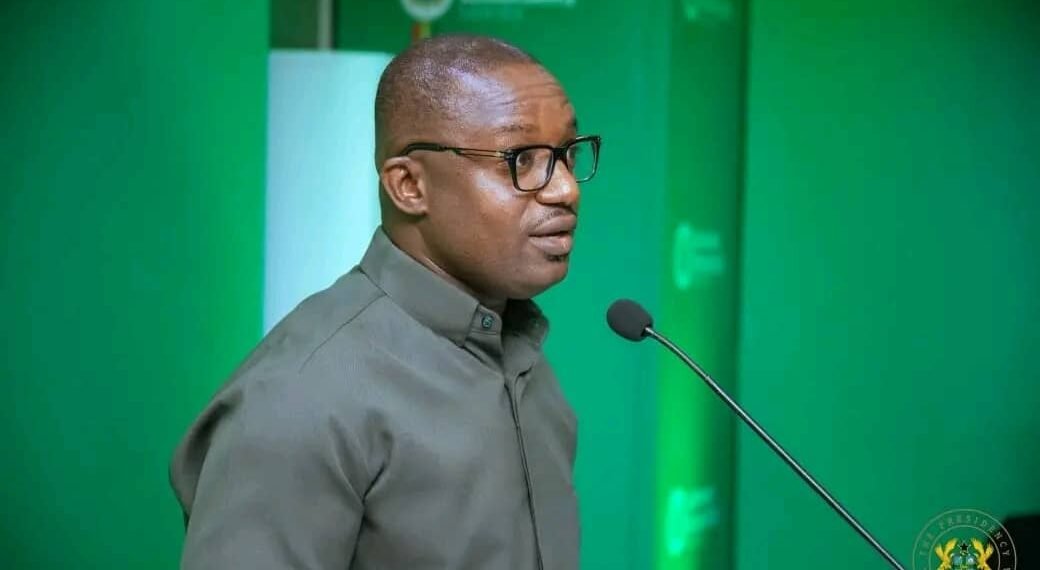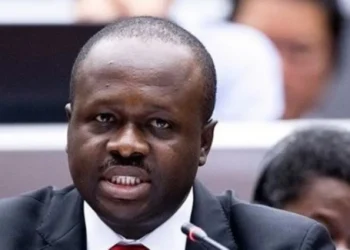The Minister for Energy and Green Transition, Hon. John Abdulai Jinapor, has provided detailed justification to Parliament on the recently announced 2.45% electricity tariff adjustment for the third quarter of 2025.
Addressing lawmakers, the Minister explained that the revision, announced by the Public Utilities Regulatory Commission (PURC), was the outcome of statutory quarterly reviews mandated by law to reflect macroeconomic variables and balance the needs of consumers and utility providers.
Hon. Jinapor began by clarifying that the PURC, as an independent statutory body, conducted the tariff review guided by Sections 16 and 20 of the PURC Act, Act 538 of 1997.
These sections empower the commission to undertake periodic reviews to ensure that tariffs accurately reflect changing costs while safeguarding utility companies’ financial viability and protecting consumer interests.
“In responding to this statement, I engaged directly with the PURC to obtain relevant data and insights.
“What I present to this House is information sourced from the PURC itself and reflects their objective analysis of the prevailing economic conditions and sector dynamics.”
Hon. John Abdulai Jinapor, Minister for Energy and Green Transition

A key factor influencing the latest adjustment, Hon. Jinapor explained, is the remarkable performance of the Ghana cedi against the US dollar.
He noted that the local currency had appreciated by approximately 34% in recent months, significantly easing foreign exchange pressures on utilities that rely heavily on imported inputs.
“Contrary to earlier projections of an 11% increase in electricity tariffs, the cedi’s appreciation provided a positive outlook, resulting in a much lower adjustment of 2.45%.
“This minimal increment is a testament to the improving macroeconomic environment under the leadership of Hon. Ato Forson, the Finance Minister, and his team.”
Hon. John Abdulai Jinapor, Minister for Energy and Green Transition
Tariff Computation Adjustment

Hon. Jinapor also highlighted structural changes in the tariff computation that contributed to the adjustment. He revealed that approximately 50% of unrecovered revenues from 2024, amounting to GHS500 million, had been absorbed into the current tariff structure.
Additionally, a reserve margin previously excluded from tariff considerations is now being gradually incorporated, ensuring that utilities can maintain operational reserves and system reliability.
“Cabinet directed that we adopt a gradualist approach to include critical elements such as liquid fuel costs in the tariff structure.
“This was necessary to avoid creating financial vacuums in the sector that could compromise service delivery.”
Hon. John Abdulai Jinapor, Minister for Energy and Green Transition
Other factors influencing the adjustment include a marginal increase in gas prices from 7.6% to 7.7%, inflationary pressures, and changes in the hydro-thermal energy generation mix. Together, these variables were weighted to arrive at the modest 2.45% increment.
“This comprehensive approach demonstrates that the adjustment was not arbitrary but rather the product of careful analysis and prudent decision-making.”
Hon. John Abdulai Jinapor, Minister for Energy and Green Transition

The Minister acknowledged public concerns about rising energy costs but assured Ghanaians that the government is committed to maintaining affordability while ensuring the sustainability of the energy sector.
He also commended the PURC for striking a balance between protecting consumers and enabling utility providers to recover costs needed to maintain and expand critical infrastructure.
“This marginal increment underscores the importance of the broader economic reforms we are undertaking.
“As the macroeconomic indicators continue to stabilize, we anticipate an even stronger foundation for affordable and reliable power supply across the country.”
Hon. John Abdulai Jinapor, Minister for Energy and Green Transition
Hon. Jinapor concluded by reaffirming the Ministry’s commitment to transparency and accountability in managing Ghana’s energy sector.
He assured Parliament that ongoing reforms would ensure that future tariff reviews are informed by robust data and aimed at achieving long-term energy security for all Ghanaians.
The announcement comes at a time when Ghana is seeking to strengthen its energy sector amidst global uncertainties and domestic pressures to maintain a delicate balance between cost recovery and consumer protection.
Read Also: Banking Sector Shakeup: Five Ghanaian Banks Under Intense BoG Scrutiny Over Capital Failures



















